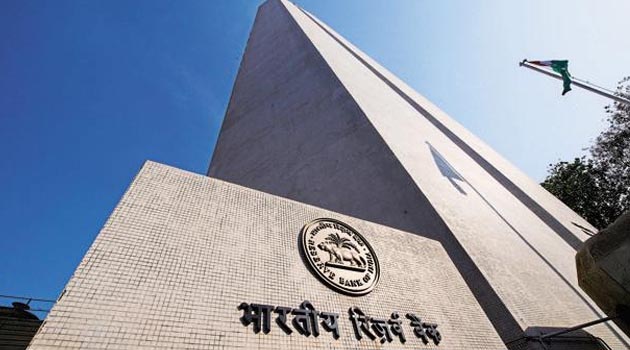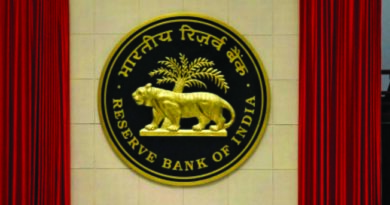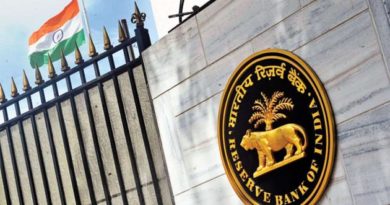RBI directive to banks on fraud liability
The RBI has reminded banks of their responsibilities in apportioning liabilities in the event of fraud, especially during an electronic transaction.
In a meeting convened by the state consumer affairs department, a representative of the apex bank drew the attention of bankers to a July 6, 2017, circular that mentions the limited liability of customers in unauthorised banking transactions.
RBI sources said the regulator had already laid out detailed guidelines aimed at protecting the interest of customers relying increasingly on digital transactions, especially in the wake of demonetization.
Banks’ responsibility
- Ask customers to register for SMS and email alerts for any electronic banking transaction.
- Urge customers to notify their banks of any unauthorised electronic transaction as soon as they receive an alert. Faster the response, lower the liability.
- Provide multi-channel reporting facility (via website, phone banking, SMS, e-mail, IVR, toll-free helpline). Response, including automated, should be immediate.
Customers’ liability
- Entitlement to zero liability will arise where the unauthorised transaction occurs in the following events:
- Contributory fraud/ negligence/ deficiency on the part of the bank (irrespective of whether or not the illegal transaction is reported by the customer).
- Third-party breach where the deficiency lies neither with the bank nor with the customer but elsewhere in the system. Caveat is that the customer should notify a bank within three working days of receiving the alert.
- In cases where the responsibility for the unauthorised electronic transaction lies neither with the bank nor with the customer, and when there is a delay of four to seven working days in reporting it, the liability of the customer will be limited to the transaction value or the banking category-based amount, whichever is lower.




